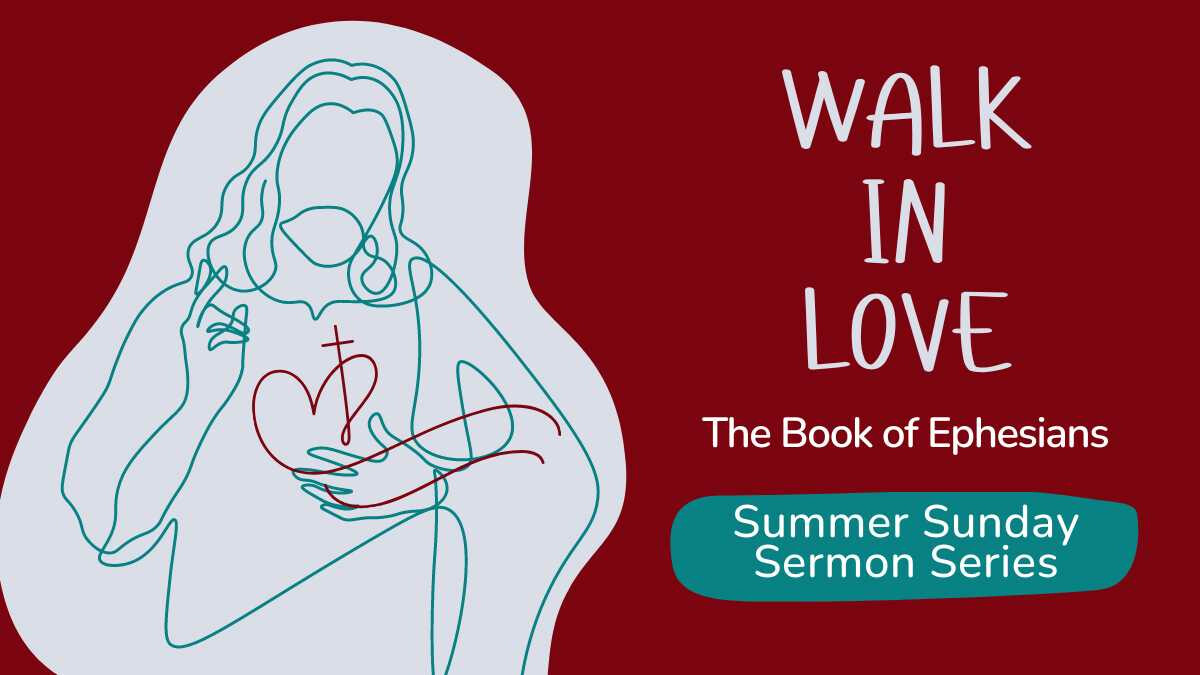
Day 32
“Therefore it says, “When He ascended on high, He led captive a host of captives, And He gave gifts to men.” (Now this expression, “He ascended,” what does it mean except that He also had descended into the lower parts of the earth? He who descended is Himself also He who ascended far above all the heavens, so that He might fill all things.)” Ephesians 4:8-10
He Led Captive a Host of Captives
In Ephesians 4:7, we learn that Christ graciously grants spiritual gifts to every believer. Now, in these three verses, Paul defended this claim through a rather unique application of an Old Testament Psalm. The Old Testament Psalm of David, Psalm 68, speaks to the work of God in freeing the Jewish slaves and leading these captives to their freedom. The high place in this Psalm, Mount Bashan, denotes the range of high mountain peaks in northern Israel. God led Israel out of Egypt and into the Promised Land with its beautiful mountain ranges. Comparing the lowlands of Egypt to the mountains of the Promised Land illustrated God’s saving work of lifting Israel out of slavery into a relationship with Him. Paul quoted from this Psalm, a celebratory Psalm of salvation and a Psalm of praising the God of salvation. These themes occur throughout the first three chapters of Ephesians as well. Paul used this Old Testament passage as a bridge between the exaltation of the Triune work of God in salvation in Israel’s history to the work of salvation seen now in His ministry to the church. Let God arise, let His enemies be scattered, and let those who hate Him flee before Him…You have ascended on high, You have led captive Your captives; You have received gifts among men, even among the rebellious also, that the Lord God may dwell there. Blessed be the Lord, who daily bears our burden, the God who is our salvation...O God, You are awesome from Your sanctuary. The God of Israel Himself gives strength and power to the people. Blessed be God! (Psalm 68:1, 18-19, 35) Though this quotation reflects a small portion of the entire Psalm, these verses provide the main thrust of Paul’s usage in Ephesians. The climax of this Psalm can be seen in the gathering of the people at Mount Bashan as God led the captives on high. There, the people brought their gifts to God as an expression of their gratitude to God for His salvation. However, later in the Psalm, God Himself gives back to the nation. “The God of Israel Himself gives strength and power to the people.”
It is not surprising that this Psalm came to Paul’s mind, especially given the themes of the Book of Ephesians. Paul prayed for the believers at Ephesus “to be strengthened” by the power and work of God. The God who gave strength to the church, much as He gave strength to Israel, also gave additional gifts to the church. This ascension Psalm became the poetic lens through which Paul connected the themes of Psalm 68 to Jesus Christ and the church. Jesus Christ descended in order to ascend. When He ascended He led a host of captives. In this case the captives were not Jewish captives from Egypt, but instead sinners held captive by the consequence of sin. Just as God visited Israel in Egypt and brought them victoriously out of Egypt. He led them out of the lowlands of Egypt to the height of the Promised Land. Now, Jesus Christ visited us by coming to the lowest of the lows. He left heaven and walked among us in the depth of our humanity and in the lowliness of our world. He descended in order to ascend. And as God did in the Old Testament, He descended and led the captives to ascend with Him. We are now “seated with Him in the heavenly places.” We bring our gifts of praise to this ascended, heavenly place. He, in turn, gives to us spiritual gifts to use in the church for the sake of the establishment and growth of the church.
The beauty of the use of the Psalm should not be lost on us. This Old Testament text provided Paul with a means to shift the conversation from church unity found in proper attitudes and in right theology to church unity found in the mutual use of spiritual gifts. However, the bigger picture rests on the parallel themes of both the Old and New Testament. God has always been a God of salvation. He has demonstrated His repeated display of grace and mercy throughout biblical history. God’s liberation of Israel out of Egyptian bondage became the very model of our liberation from sin and death. We were captives. So, remember your chains. Remember your burdens. We must remember the hopelessness of our previous plight. Now, remember your liberation. Remember the moment when you came alive and were set free. We must remember with great joy that moment when hope dawned on us as we believed in the death and resurrection of Jesus Christ for our salvation. Hope has come because He descended to the lowliness of our humble condition. Hope has come because He descended to ascend and take us with Him. As Israel praised Him for their freedom. Let us praise Him for our liberation as well.
Suggested Prayer: God, You set us free. Christ Jesus You have descended to our lowly estate. You descended to the point of death, even death on a cross in our place. Now You have ascended forevermore. In You, we have been freed from our bondage. We remember our chains. You broke the power of sin and death and set us free. We praise You for who You are and all that You have done. Amen.



Login To Leave Comment